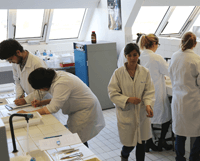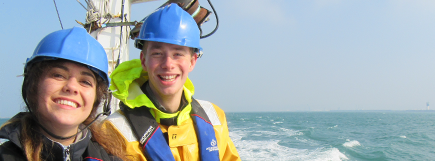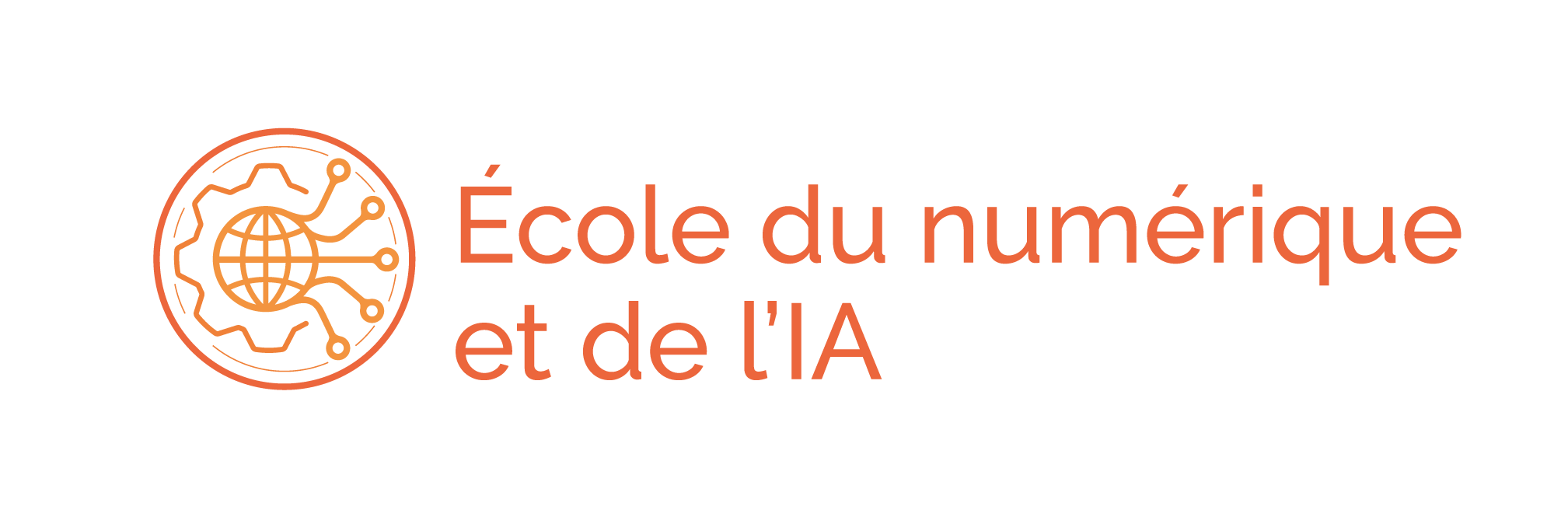Information and Communication Technology
Code UE : HBB300
- Cours + travaux pratiques
- 3 crédits
- Volume horaire de référence
(+ ou - 10%) : 30 heures
Responsable(s)
Claire MARION
Public, conditions d’accès et prérequis
Entry Requirements
Initial Competences
Same as to be admitted to higher education.
Relation to other courses; knowledge acquired in this course can be used in:
HB350 – Geodesy & Cartographic systems,
HB360 – Hydrographic Surveying
HB500 – Hydrographic Practice
HB370 - Data Management
Initial Competences
Same as to be admitted to higher education.
Relation to other courses; knowledge acquired in this course can be used in:
HB350 – Geodesy & Cartographic systems,
HB360 – Hydrographic Surveying
HB500 – Hydrographic Practice
HB370 - Data Management
Objectifs pédagogiques
Module Outline:
- A short overview of the components of a modern computer system and the way they interact will be given. Focus will lie on the central processor unit, storage devices, storage media input and output ports and device drivers in general. Particular attention will be paid to input and output devices frequently used in hydrographic computer systems for real-time data acquisition.
- Next, we describe the role and architecture of mainstream operating systems such as Windows, UNIX and Linux. We list the functions and operations provided by an operating system and learn how to work with common application software systems such as spreadsheet, word processor, graphics software, presentation software and internet browser.
- We then turn to software development procedures: we discuss how to state the requirements of the system to be developed, interface design, algorithm development, flowcharts, and pseudocode. We then turn our attention to a modern programming language (e.g. Python) to be used in developing our software. We define the syntax, data types and structures, control structures, arrays, pointers, functions, and file processing procedures. These tools and procedures will demonstrate how (geographical) data/information can be processed, analysed and visualised in a user-friendly way using open-source software and a bottom-up approach.
- Additionally, the implementation and use of user-defined programming applications in Geographical Information Systems will be demonstrated.
- We also investigate basic networking. We discuss the networking concepts underlying Internet and intranet communications and pay attention to the features, available resources and security issues of the Internet. We also learn how to conduct searches for specialized information using Internet tools.
- The final part of this course is dedicated to basic aspects of database management (e.g. Structural Query Language, PgAdmin...) and relational databases. Geospatial databases are foreseen in the Data Management Course.
Compétences visées
Learning Outcomes:
- To be able to distinguish the different components of a real-time data acquisition computer system, including different methods of communication and time-tagging.
- To clearly explain the operation of device drives and their relation to data exchange.
- Being able to use spreadsheet, word processing, graphical and presentation software.
- To be able to construct and populate a database and query its content.
- Being able to design pseudocode and write out a program for data conversion.
Contenu
Lecture 1 Computer hardware & OS
Lecture 2 Application Software Systems (e.g. word processor, spreadsheets, graphic software …)
Lecture 3 Internet and intranet communications
Lecture 4 Programming (i.a. file type conversions)
Lecture 5 DBMS, Query Languages, Relation Databases
Lecture 2 Application Software Systems (e.g. word processor, spreadsheets, graphic software …)
Lecture 3 Internet and intranet communications
Lecture 4 Programming (i.a. file type conversions)
Lecture 5 DBMS, Query Languages, Relation Databases
Modalité d'évaluation
Evaluation
Evaluation form
Written examination, partly with multiple choice, partly with open questions and programming exercises.
Fieldwork – permanent evaluation of the exercises.
Assessment methodology
The final figure of assessment is composed of:
70% (written examination)
30 % (permanent evaluation)
Assessment criteria
Permanent evaluation is based on the training record book in relation to the number of tasks carried out and the comments of the supervisor(s) expressed in writing in the book.
Theory examination: quality of knowledge, insight, relation between subjects, …
Evaluation form
Written examination, partly with multiple choice, partly with open questions and programming exercises.
Fieldwork – permanent evaluation of the exercises.
Assessment methodology
The final figure of assessment is composed of:
70% (written examination)
30 % (permanent evaluation)
Assessment criteria
Permanent evaluation is based on the training record book in relation to the number of tasks carried out and the comments of the supervisor(s) expressed in writing in the book.
Theory examination: quality of knowledge, insight, relation between subjects, …
Cette UE apparaît dans les diplômes et certificats suivants
Rechercher une formation
CRITERES
- Le champ Mot-clé permet de rechercher les formations grâce à un mot ou à une expression présent dans l’intitulé ou dans les index d’une formation.
Des index vous sont suggérés à partir du 3e caractère saisi, mais vous pouvez aussi saisir librement tout autre chaîne de caractères . - les différents items sélectionnés sont croisés.
ex: "Comptabilité" et "Région Alsace"
CODE
- Vous pouvez utiliser le caractère joker * pour remplacer un nombre quelconque de caractères
- UE : le code comprend 3 lettres immédiatement suivies de 3 chiffres
- Certificat : le code comprend 2 ou 3 lettres immédiatement suivies de 3 chiffres. Certains certificats se déclinent selon plusieurs parcours :
- pour afficher le tronc commun, tapez le code simple (ex : LG005).
- pour afficher un parcours précis dans un diplôme, faites suivre le code de la lettre "p", et du numéro de parcours (ex : LG005p2). Si le diplôme ne comporte qu'un seul parcours, faites suivre la lettre "p" de -1 (ex : CYC17p-1).
Dans tous les cas, veillez à ne pas insérer d'espace ou de ponctuation supplémentaire.
Chargement du résultat...

Intitulé de la formation |
Type |
Modalité(s) |
Lieu(x) |
|
|---|---|---|---|---|
Intitulé de la formation
Bachelor océanographe prospecteur
|
Lieu(x)
Initial
|
Lieu(x)
Normandie, Paris
|
||
| Intitulé de la formation | Type | Modalité(s) | Lieu(x) |
Contact
Voir le calendrier, le tarif, les conditions d'accessibilité et les modalités d'inscription dans le(s) centre(s) d'enseignement qui propose(nt) cette formation.
Enseignement non encore programmé
Code UE : HBB300
- Cours + travaux pratiques
- 3 crédits
- Volume horaire de référence
(+ ou - 10%) : 30 heures
Responsable(s)
Claire MARION












